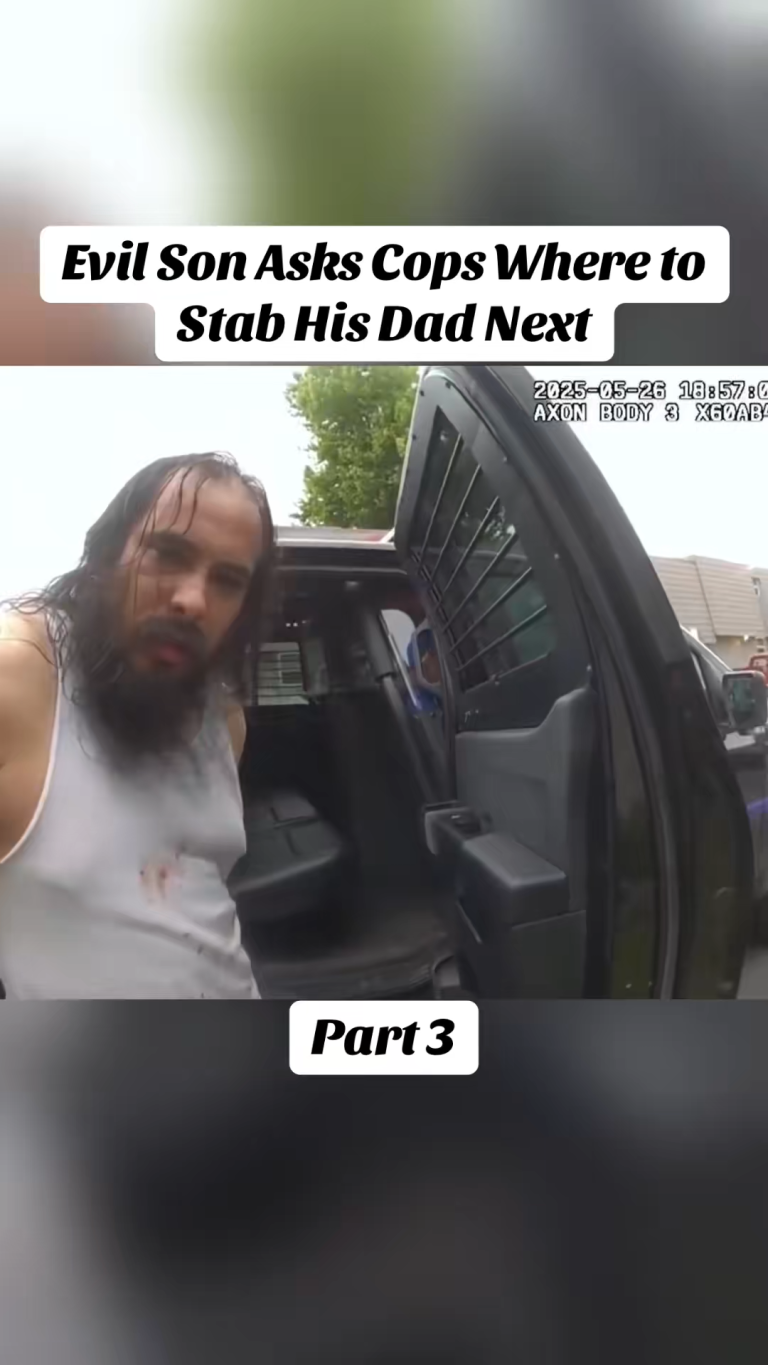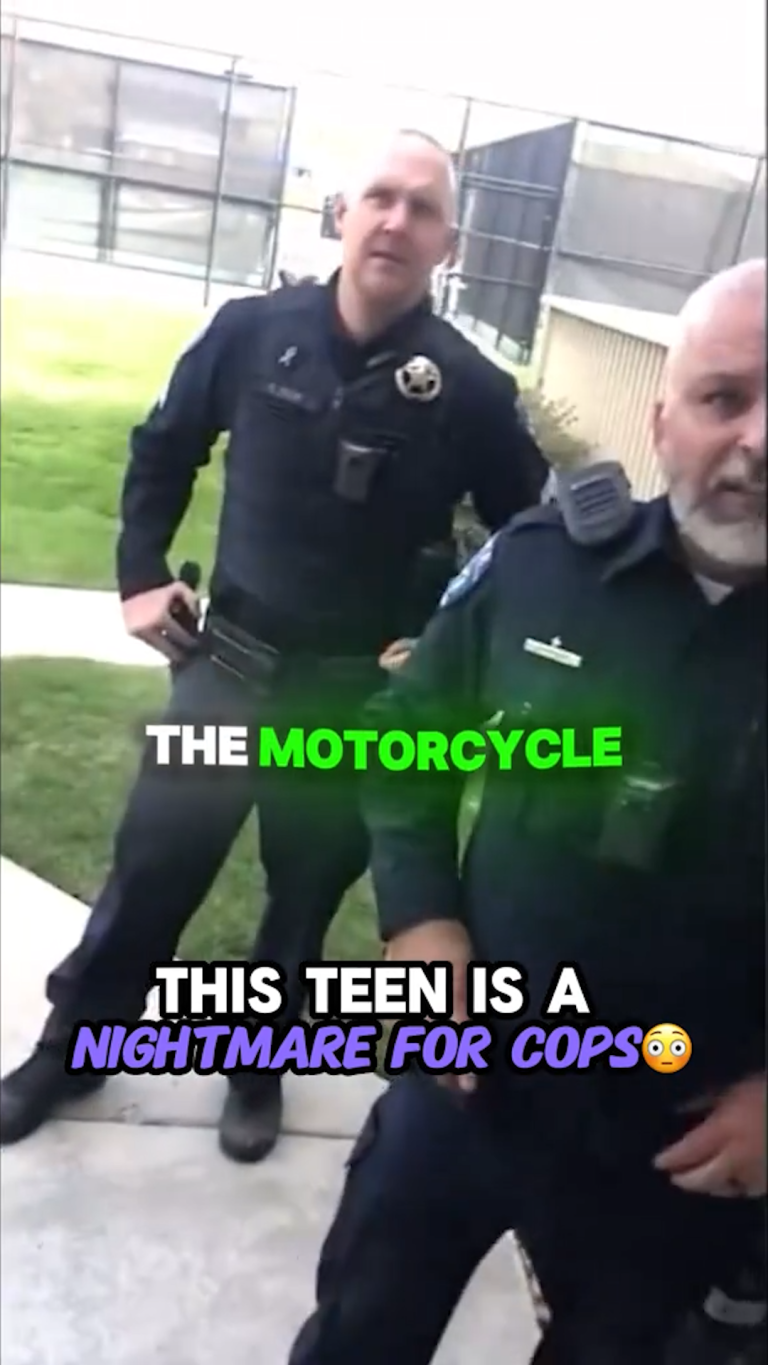
Snow fell heavily over the iron gates of Sofia Colony—a prison so deep in the north that even the wolves howled from a distance. Inside those frozen walls lived men who no longer had anything to lose. Murderers, thieves, and monsters. But even monsters have their rulers, and in this place, his name was Boris Kovalchuk.
Kovalchuk was a giant of a man—covered in tattoos, scars, and stories no one dared to ask about. He had spent eleven years behind bars, and every corner of the colony bent under his command. When he walked through the dining hall, conversations died. When he looked at someone, that man lowered his eyes. He was law.
Then, one morning, a new prisoner arrived.
The gates clanged open, and two guards led in an old man—thin, gray-haired, quiet. He didn’t flinch at the cold or the curses thrown his way. His name, the papers said, was Ivan Lysenko. Sixty-three years old. Convicted of something that no one bothered to read.
That first day, Ivan said nothing. He ate slowly, cleaned his tray, and returned to his cell—Number 27. No one had ever seen a man walk so calmly into hell.
But Kovalchuk noticed him. And in a place like Sofia, that was the worst kind of attention.
The next day at dinner, the hall roared with the noise of metal trays, boots, and boiling tempers. Kovalchuk strutted across the room, laughing with his men. His eyes stopped on Ivan—the old man sitting alone, spoon in hand, eating without a word.
Kovalchuk approached. He filled a metal cup with ice water and poured it over Ivan’s head. The liquid ran down his wrinkled face. The hall froze in silence.
“Welcome to hell, grandpa,” Kovalchuk sneered. “I’m in command here.”
Ivan said nothing. He just blinked slowly and kept eating.
That silence—calm, unbothered—bothered Kovalchuk more than any curse could have. He shoved Ivan’s tray onto the floor. Food splattered across the table. Still, no reaction.
“It’ll be fun to break you,” Kovalchuk growled, before walking away.
But he would never get the chance.
That night, the power in Block B flickered. Guards shouted, but the radios went dead. One claimed to hear footsteps echoing down the hall, too slow, too heavy. Another swore he heard someone whispering names from the darkness.
By morning, Boris Kovalchuk was gone.
His cell door was still locked from the inside. His bed was made perfectly. His shoes sat neatly beneath it. On the pillow lay a bent metal spoon—folded in half with impossible strength.
The warden ordered a search. Every inch of the colony was checked. No tunnels, no signs of escape, no blood. Nothing.
When they questioned Ivan Lysenko, he looked at them with cold, tired eyes.
“I told him to stop,” he said softly.
The officer frowned. “Stop what?”
Ivan looked down at his hands, scarred and steady. “Breathing.”
The officer’s blood ran cold.
They checked the security footage—frames of the dining hall from the night before. Between two flickers, Ivan was gone from his seat. The next frame showed him back again, sitting calmly, eating his meal.
The missing seconds—unexplained.
From that day, no one sat near Ivan. The prisoners avoided Cell 27. Guards walked faster past his door. At night, some swore they heard faint knocking from the walls, like someone trying to get out—or in.
A week later, a new note appeared under the warden’s door. No handwriting. Just a single line, carved into the paper itself:
“Respect the quiet ones.”
And deep in the old cell block, the man in Cell 27 ate his dinner in silence…
while somewhere beneath the floor, the pipes groaned like something breathing.




